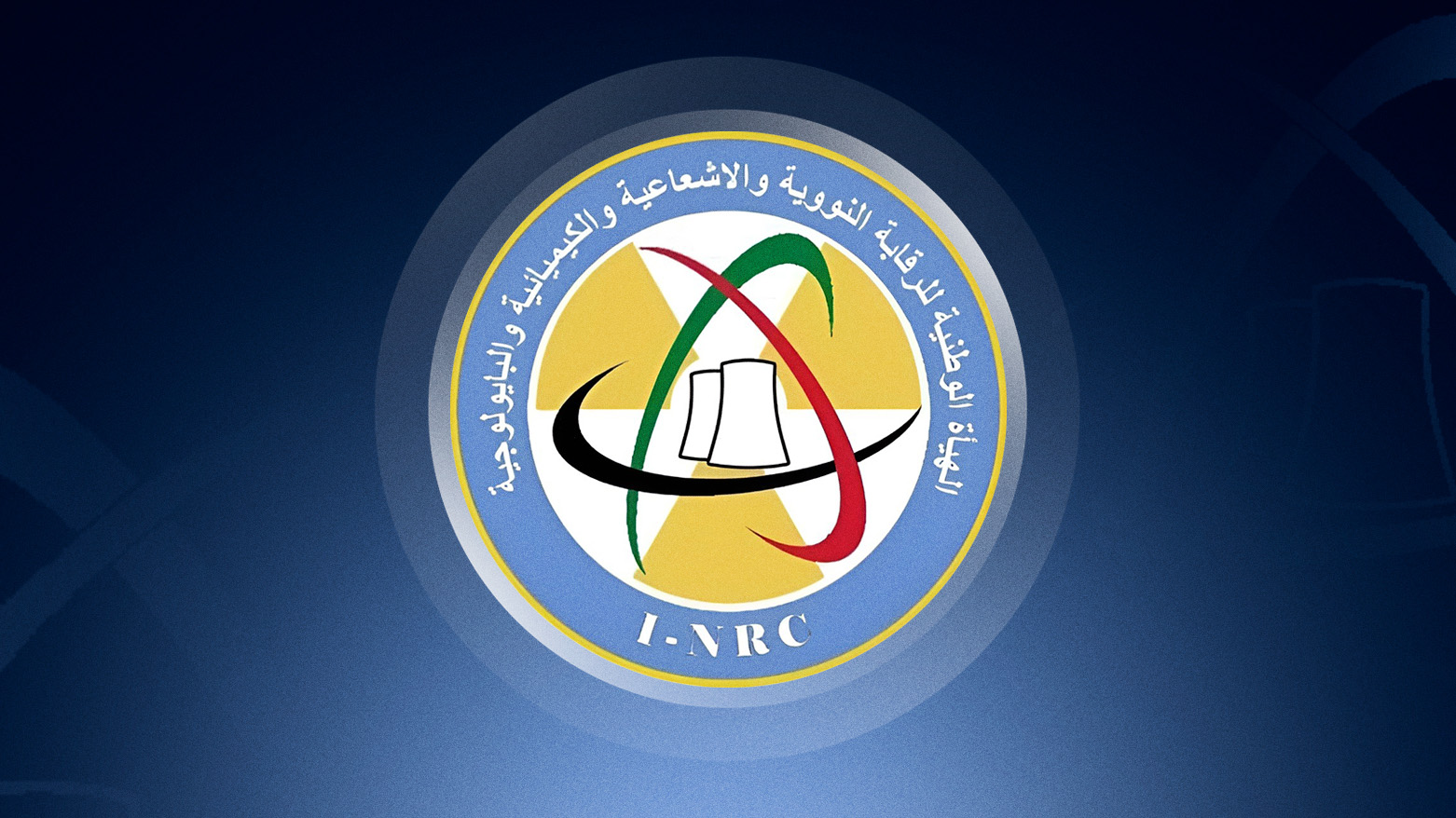No Radiation Detected in Iraq After Israeli Strikes on Iran: Iraqi Nuclear Authority
Iraq’s nuclear authority confirmed no radiation leaks were detected in Iraqi territory following Israeli strikes on Iranian nuclear sites. Monitoring systems remain fully operational. Officials urged reliance on credible sources and reiterated Iraq’s rejection of attacks on nuclear facilities.

By Kamaran Aziz
ERBIL (Kurdistan24) – Iraq’s National Authority for Nuclear, Radiological, Chemical, and Biological Control (I-NRC) confirmed on Friday that no radiation leakage has been detected inside Iraqi territory following the Israeli airstrikes on nuclear sites in Iran.
In an official statement reported by the Iraqi News Agency (INA), the Authority’s spokesperson Ahmed Khudair Kazem stated that the agency is “closely monitoring the developments of the Zionist airstrikes that targeted those nuclear sites in Iran,” and emphasized that “the available data so far has not recorded any radiation leakage due to those operations.”
Kazem reassured the public that Iraq's radiation monitoring systems, which are spread across the country, are “functioning with high efficiency,” and that “no abnormal increase in radiation levels has been recorded so far.”
He further noted that the Authority is maintaining “high-level coordination with relevant institutions and ministries in Iraq,” and is in continuous contact with international organizations, including the International Atomic Energy Agency (IAEA).
In the event of any significant changes or risks, Kazem affirmed that “further statements will be issued if developments require warnings or new safety measures.”
The Authority also urged citizens to depend on “official and trustworthy sources for information” and to avoid being influenced by “rumors or inaccurate news.”
Reiterating Iraq’s stance on the matter, the Authority underscored the country’s “firm position rejecting the targeting of nuclear facilities,” warning of the broader danger such actions pose to “the security and safety of peoples and the entire region.”
The statement concluded with a call for “reason and dialogue” to be prioritized in order to prevent further escalation.